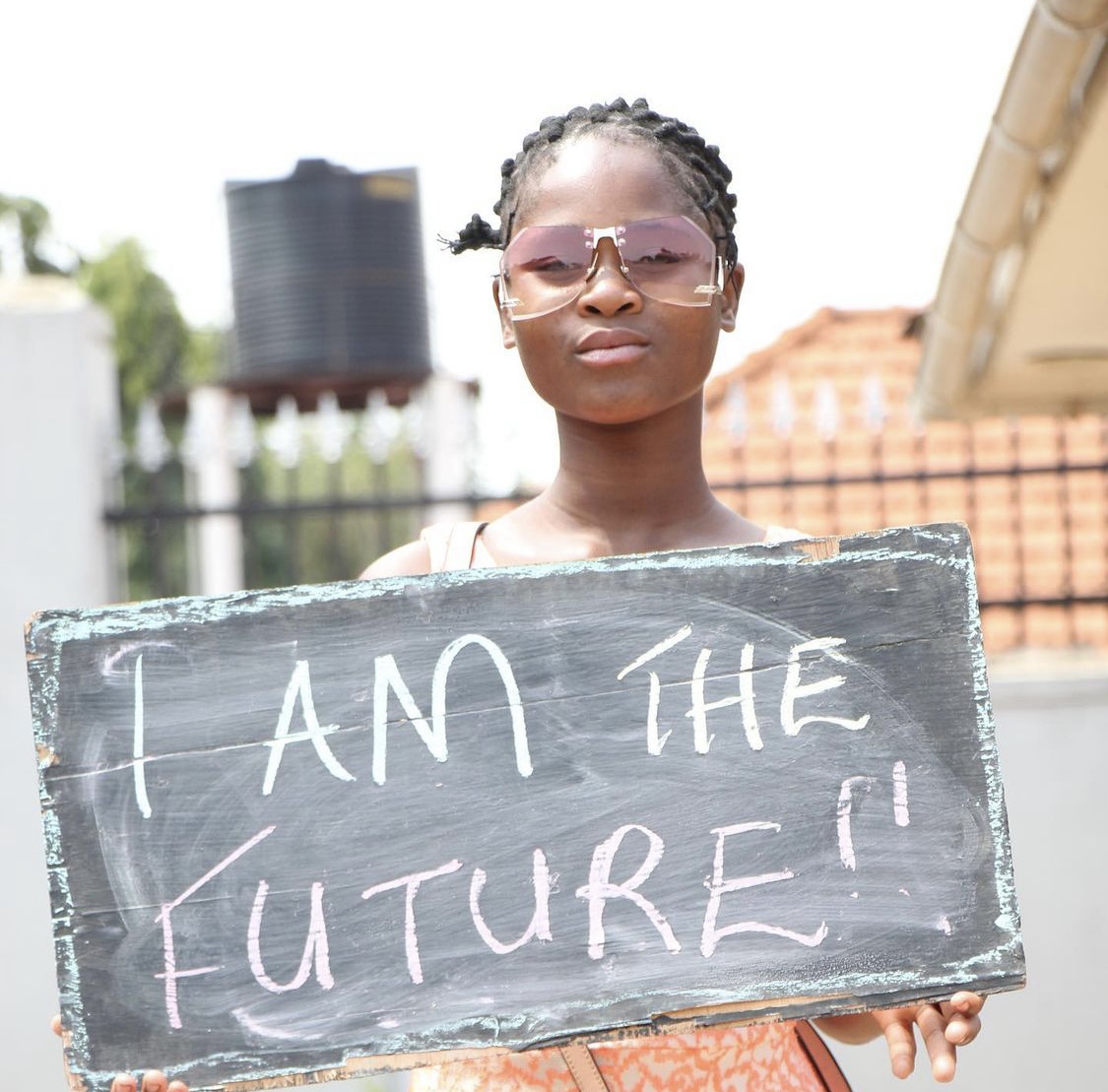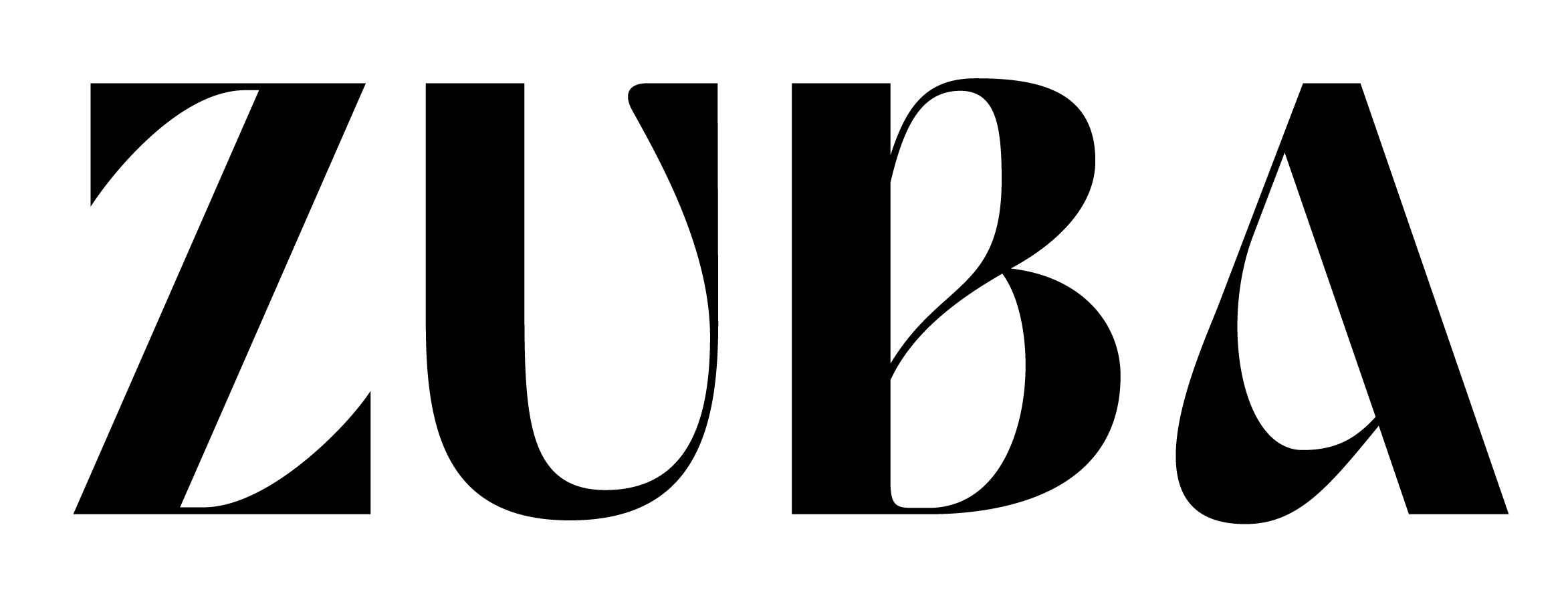Mago Hasfa is the founder of Book Drive (formerly Smart Toto), a women-led Not for Profit organization that advocates for the enhancement of literacy levels in Africa. The foundation is working towards using literacy as a conveyor for quality and effective knowledge acquisition to consequently build self-sustainable African communities.
Africa has one of the lowest rates of early childhood education in the world with only 27 per cent of children in Sub-Saharan, West and Central Africa attending preschool. In Uganda, only a tenth of children between 3 and 5 years are enrolled in formal pre-primary education, according to UNICEF. This is despite the crucial role Early Childhood education plays in the development of a child’s cognitive, social and emotional competency. It has been proven that children that attend pre-primary school stand a better chance of doing well at school, are less likely to drop out in later years and more likely to break the intergenerational cycle of poverty.
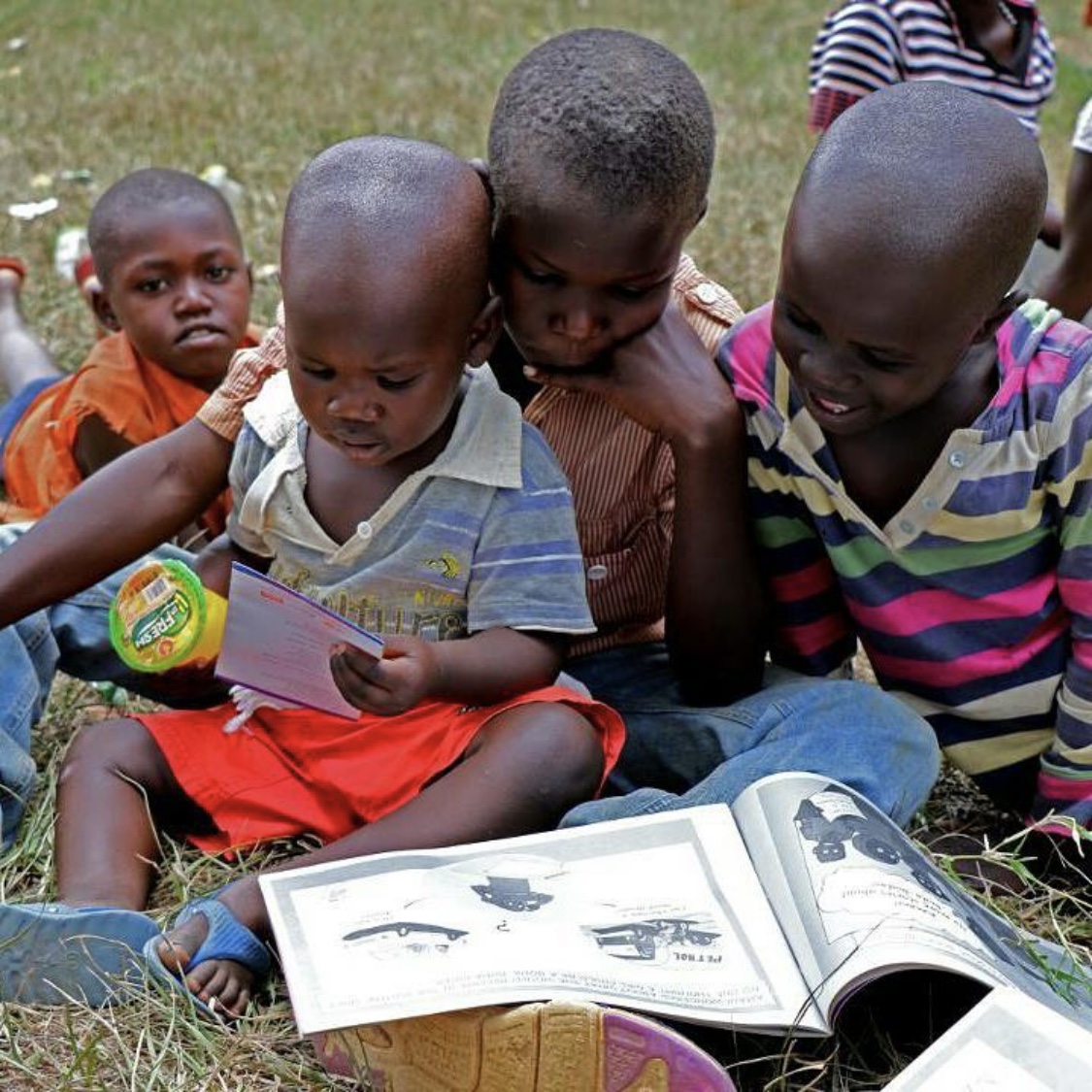
Mago Hasfa’s childhood experience informed her epiphany to start Book Drive. Due to unavoidable circumstances, the social entrepreneur who grew up with her grandmother didn’t get a chance to start school until she was about10.
“One day, one of my aunts visited my grandmother’s house and my grandmother told her ‘omwana amabere gakuze’ (the kid has developed breasts), somebody just take her to school, any school will do!” Her aunt had her enrolled at a school, but to get her admitted she lied Mago had been attending a school in the village.
“The teachers said at my age, I was supposed to be in P.5, and if I was put in any class lower than that, I would be too mature for my class. I started going to school. I couldn’t write, read and spell. I didn’t even know how to write my name.”
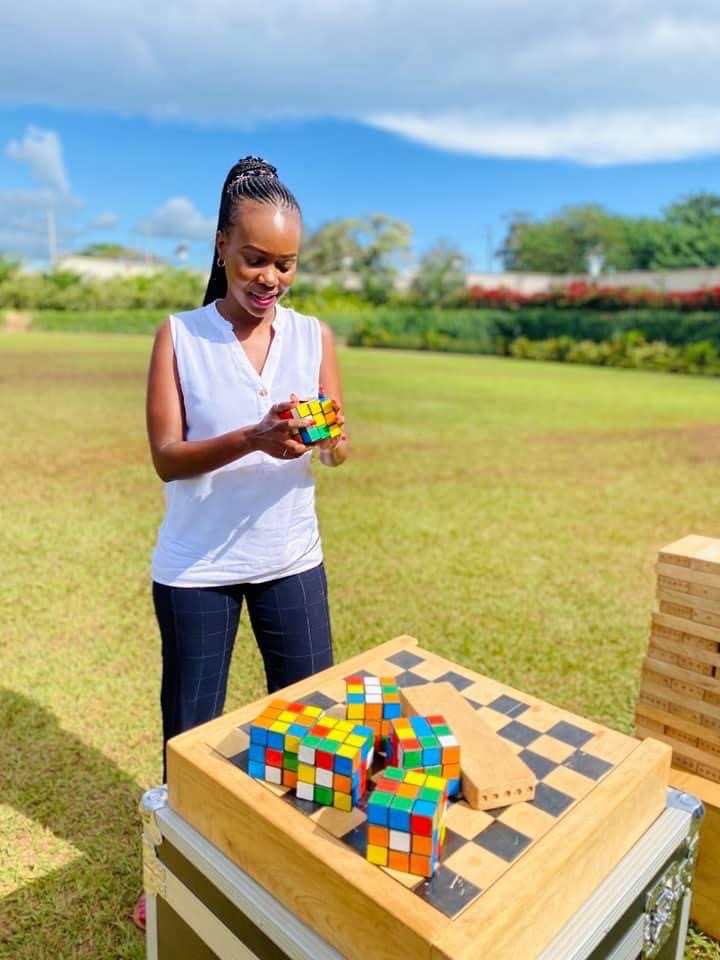
However, it didn’t take the teachers long to discover her little secret. Perplexed, one of the teachers called her aside and demanded she tells the truth. And so she did. The teacher decided to take her under her wings and give her extra lessons.
“She taught me how to write my name and during a lesson one day, I wrote my first letter which was ‘H’. I started screaming and jumping and everyone was looking at me. For me, this was one of the happiest moments of my life. I was so excited to be able to write my name and I was 10 years old. Somebody can change your life just like that. ”
Mago was quick to pick up in class and along the way, a profound love for reading ensued.
“I fell in love with Maya Angelou and her favourite quote which is ‘Do the best you can until you do better. When you know better, do better. So I told myself because I know what it’s like to not have early education, I’m going to make sure no little girl has to be 10 years old and they are only learning how to write.”
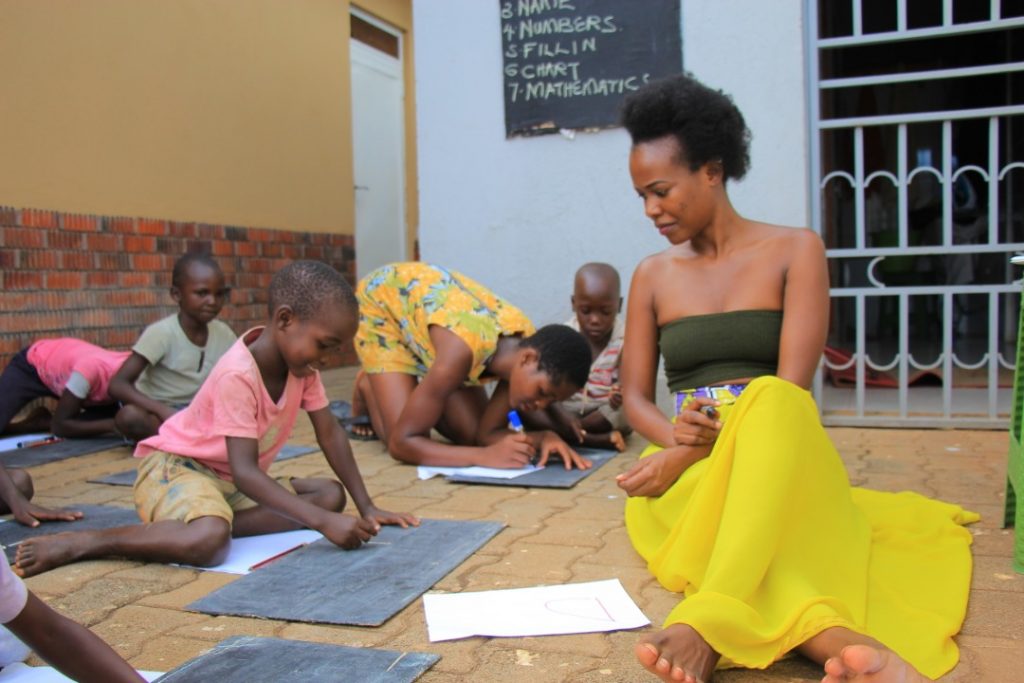
Please tell us about Book Drive?
Book Drive by Read to Learn Foundation is a women-led not for profit organisation focused on early literacy development. We write storybooks and educative toys for African children. We make sure they are authentic, educative and relatable. We use characters to teach Science, Social Studies, Mathematics and English. For example, we have Akello who teaches everything about Science in form of a story, Nana teaches mathematics and Chioma teaches English.
We set up libraries in communities to bring access to books closer to the children that are far in the villages. Additionally, we conduct a program called ‘Read To Learn’ where the children that come to the library, gather around in small numbers and learn how to read, spell words and write.
What inspired you to create the African storybooks?
There is a notion that Africans don’t like reading books but this is because all the books that we get here are donated, full of foreign stories and customs. And as a child when you’re learning to read, you fall in love with the environment, you fall in love with characters and you have to relate to the book. If you don’t relate to the book you end up closing it but we are trying to change that. The Book Drive books are very relatable that when they open them, they find everyday things for example a grasshopper, a boda boda, a person selling bananas, and they can relate to such characters.
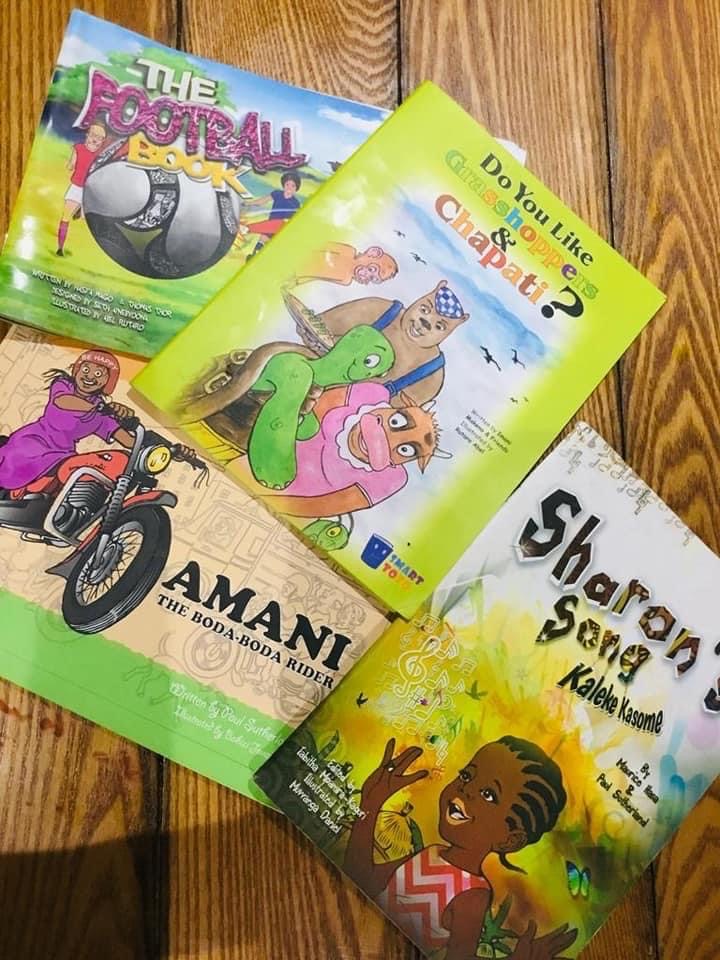
Your work also focuses on empowering teenage girls in the communities. How does this work?
When it comes to the community libraries we open, we work with mothers and teenage girls.
We usually identify 9-15 year-olds, train them how to teach their fellow young ones, give them teaching materials and send them back to their communities to carry on with the job. On our end, we only supervise them monthly. They have attendance sheets for the students they have in their groups which they call classes and do report assessments. We get to teach the teachers three times a week and have them teach three times a week too.
The mothers play a supervisory role.
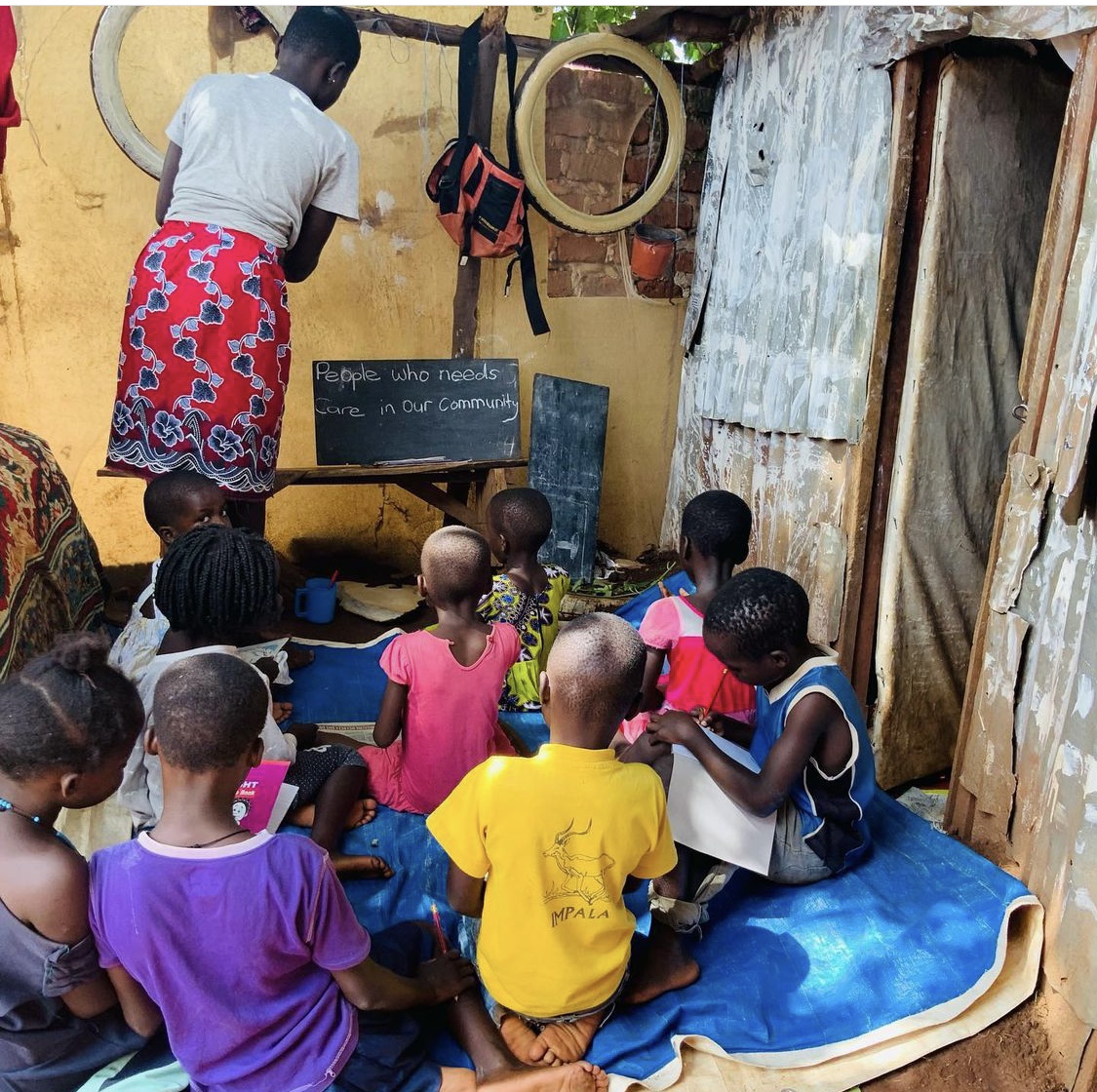
How do you keep the children motivated and invested in teaching and learning?
We do movies and organize photoshoots for the teachers at the end of every month which they love because they get to wear their best outfits. They also get rewarded a sanitary pack, money to trim their hair, and a new dress now and then.
It is beautiful to see these girls evolve and grow with a sense of responsibility and their confidence levels boosted because teaching and standing in front of other pupils help them develop confidence and also improve their learning because if I’m 9 and I’m in P.4 then I’m teaching children in P.1, I have to work hard so that they are not ahead of me.
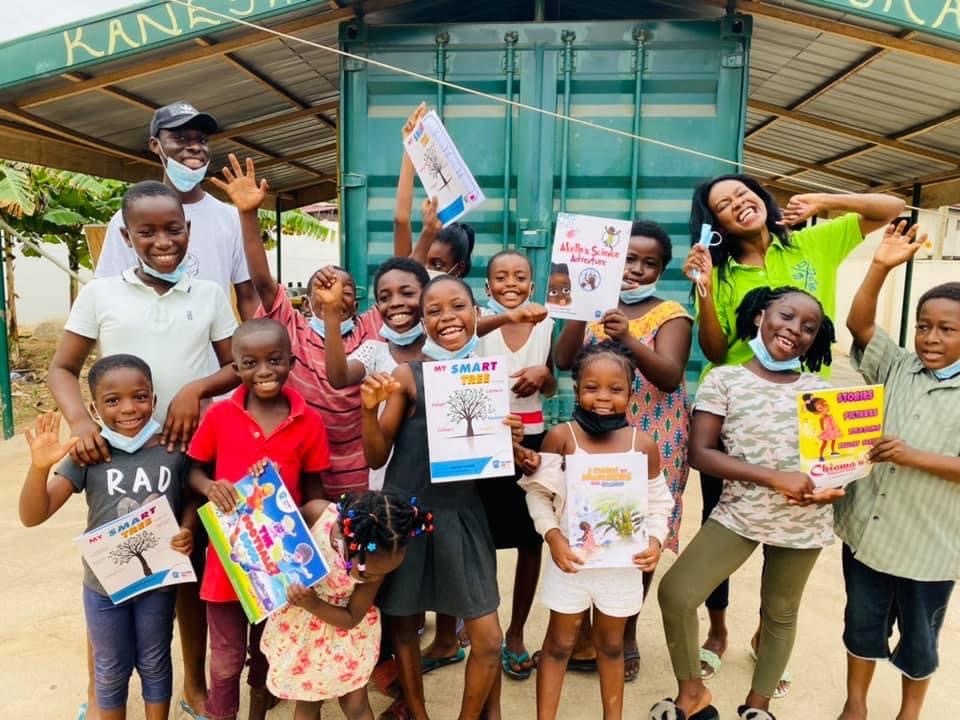
What impact have you created with the Book Drive?
With the help of different short and midterm partnerships, we have managed to champion the stocking of community libraries, Community ECD Training, Reading and Writing Clinics, progress checking revisits, restocking of educational material, atop the orchestration of deliberate book-acquisition awareness campaigns.
We currently have 7 libraries in 7 different communities and each library hosts at least 800 kids. We also have projects in communities without the libraries where we set up classrooms under trees and have learning sessions. we have six of these housing two hundred kids. I would say we have reached about 7,000 kids so far.
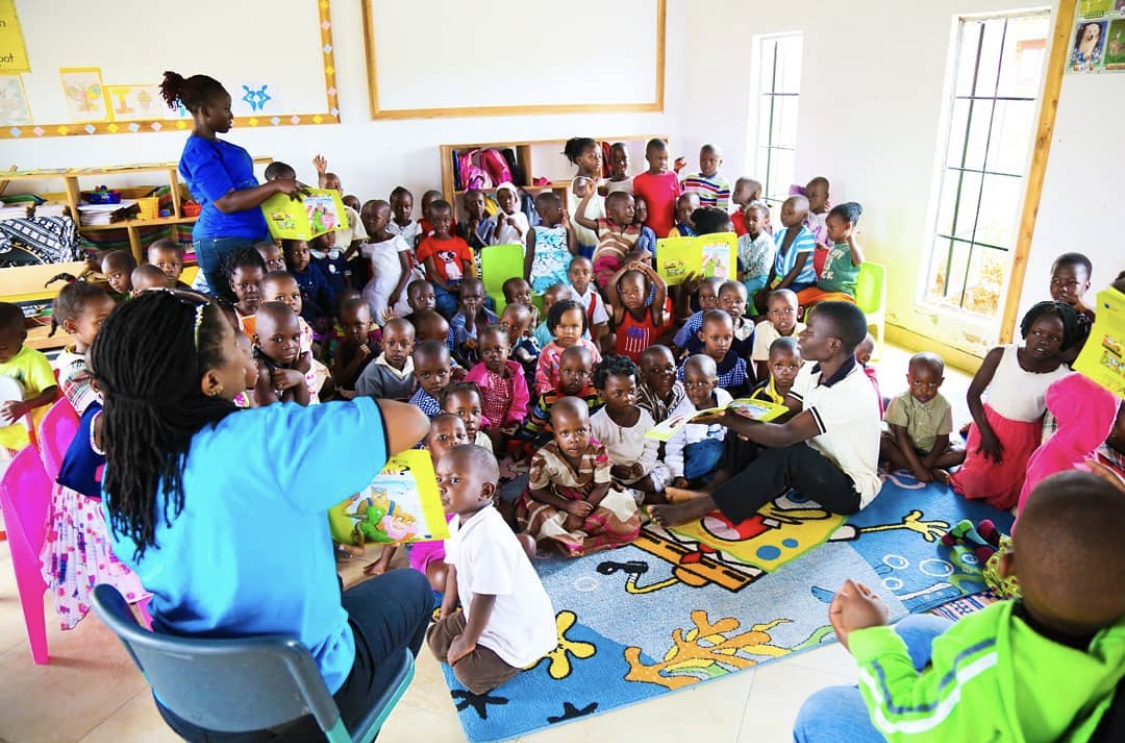
What has been your happiest memory since starting the Book Drive?
It was in 2018 when we opened up a community library in Mpigi. We design them in a way that they can accommodate the children but even the parents will find them interesting. When we opened this library everyone doubted it saying the people don’t have a reading culture but one month later, we were overwhelmed with numbers, apparently what went around was that there was a new beautiful centre in the area, so they came to take photos. I said to myself okay, that’s good, we should encourage them to keep coming. A few weeks later we enforced rules saying anyone who came to the centre to take photos had to first sit down with a child and read, and if they can’t read, a child can read for them. Three months later, I would come to the centre and find a grandmother sited with a child reading a book.
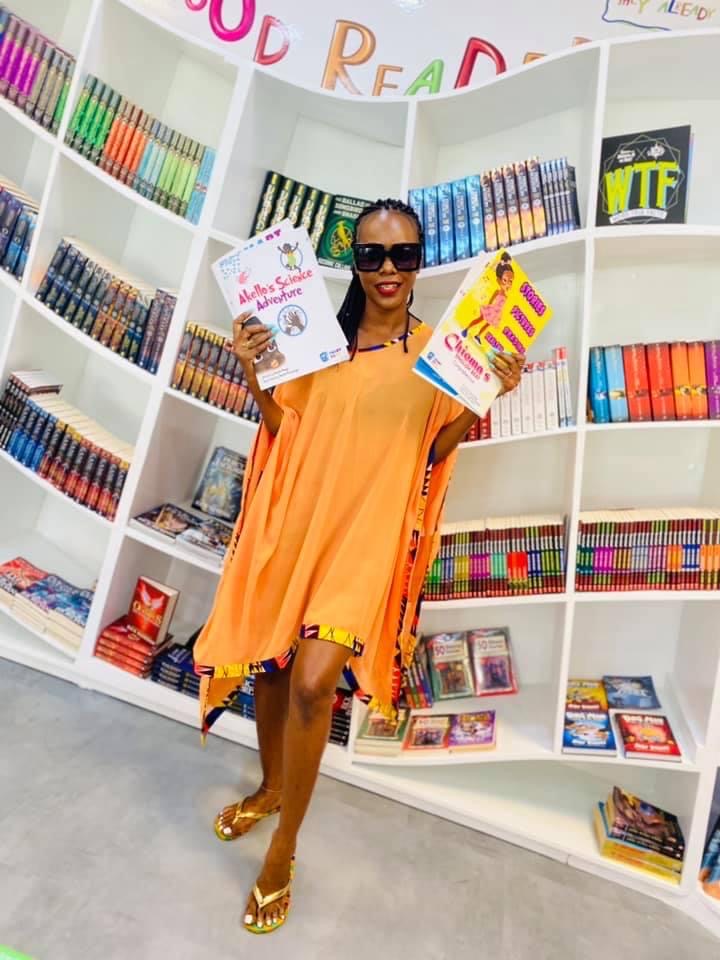
Why are you so passionate about Early Childhood Development and Learning?
The early years, between one and five, are the most crucial for every child’s development. There’s a misconception that if the child is not yet seven years old, they are still too young, and don’t have to be bothered with learning. But that is quite the opposite, this is when you need to communicate with them the right way, teach them values and virtues, and introduce them to books because what they will become at 18 is formed by what they are below the age of seven.
What does the future hold for Book Drive?
We are working on opening up a literally centre in Kampala, the first of its kind complete with a children’s Café, playground, a tailored library and computer lab. We also plan on replicating this model throughout Africa. Long term, I hope that every community can have a library of its own.
